Iodine
Posted on February 22, 2015
195 Views
Iodine – The thyroid hormone
Description
Iodine is a trace mineral most of which is converted into iodide in the body. It aids in the development and functioning of the thyroid gland and is an integral part of thyroxine a principle hormone produced by the thyroid gland. Iodine is readily absorbed from the gastrointestinal tract and is transported via the blood stream to the thyroid gland, the rest is absorbed by the kidneys and transported out of the body via the urinary tract.
Function
Iodine helps regular energy and cholesterol levels, promotes growth and development and stimulates the rate of metabolism helping the body to burn excess fat. Dependant on a well -functioning thyroid gland are mentality, speech and condition of hair and nails, skin and teeth.
Deficiency Effects
An iodine deficiency results in Simple Goiter characterized by thyroid enlargement and an abnormally low rate of secretion of thyroid hormones including thyroxine. Other effects are hardening of the arteries, obesity, sluggish metabolism, slowed mental reactions, dry hair, rapid pulse, heart palpations, tremor, nervousness, restlessness and irritability.
Cretinism (a congenital disease characterized by physical and mental retardation in children) are born to mother who have been seriously deficient in iodine during pregnancy.
Polio has also been associated with iodine deficiency as are people who gain weight easily but eat very little.
Antagonists
Overconsumption of raw cabbage and nuts which contain compounds called goitrogens can interfere with the utilization of iodine and the production of the thyroid hormones.
One would have to consume excessive amounts and be low in iodine to start with though.
Medical and therapeutic Uses
Iodine therapy is used in the treatment and prevention of Simple Goiter and also in the treatment of Cretinism. If treatment is given soon after birth many of the symptoms may be reversible but permanent mental and physical retardation will result if the conditions persist beyond childbirth and early infancy.
Dosage and Toxicity
NRC (National Research Council) suggest 1 microgram of iodine per kilogram of body weight.
There have been no reported cases of toxicity as it occurs in foods and water.
However as a drug or medicine an overdose can be serious as it may impair the synthesis of thyroid hormones.
Good Dietary Sources
Seafood, kelp, dulse, Irish moss, mushrooms – if grown in soils rich in iodine.

